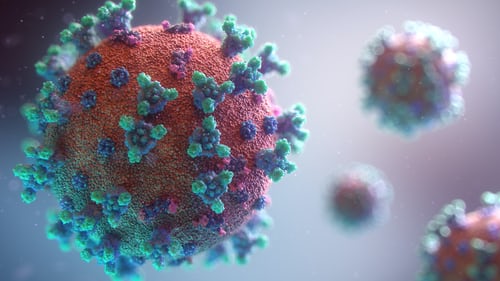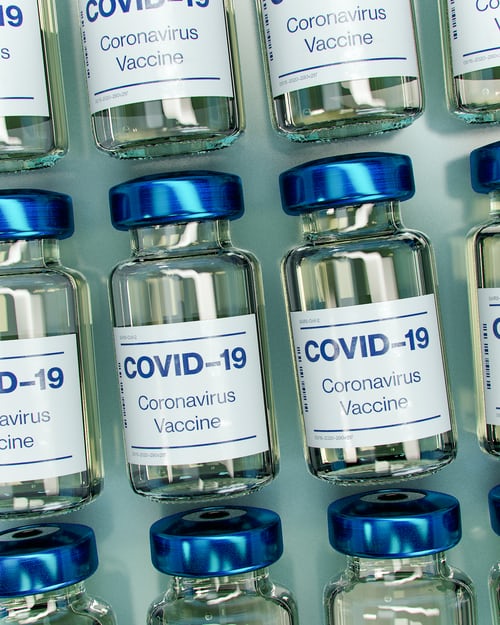Research has found that Ivermectin is not able to fight against COVID.
Ivermectin, when given to high-risk patients with mild-to-moderate COVID-19 during the first week, did not prevent the disease progression, according to results from a randomized clinical trial conducted at nearly two dozen hospitals and a COVID-19 quarantine center in Malaysia between May 31 and October 25, 2021.
The research team concluded that “the findings do not support the use of ivermectin for patients with COVID-19. The study was published in JAMA Internal Medicine and the lead author was by Steven Chee Loon Lim, MRCP, Department of Medicine, Raja Permaisuri Bainun Hospital, Perak, Malaysia.
Among almost 500 patients in the analysis, “52 of 241 patients (21.6%) in the ivermectin group and 43 of 249 patients (17.3%) in the control group progressed to severe disease (relative risk [RR], 1.25; 95% confidence interval [CI], 0.87 – 1.80; P = .25). All major ethnic groups in Malaysia were well represented,” the researchers write in their paper.

The research team had participants” (average age 62.5 and 54.5% women) were randomly assigned 1:1 to receive either a 5-day course of oral ivermectin (0.4 mg/kg body weight daily for 5 days) plus standard of care (n = 241) or standard of care alone (n = 249). Standard of care included symptomatic therapy and monitoring for early deterioration, based on clinical findings, laboratory tests, and chest imaging.”
Mechanical ventilation “occurred in four patients on the ivermectin protocol (1.7%) vs 10 patients in the control group (4.0%) (RR, 0.41; 95% CI, 0.13 – 1.30; P = .17); ICU admission occurred in six (2.4%) vs eight (3.2%) (RR, 0.78; 95% CI, 0.27 – 2.20; P = .79); and 28-day in-hospital death occurred in three (1.2%) vs 10 (4.0%) (RR, 0.31; 95% CI, 0.09-1.11; P = .09).”
The most common side effects from the drug include dizziness, loss of appetite, nausea, vomiting, stomach pain or bloating., diarrhea and constipation. Diarrhea was the most common with 5.8% in the ivermectin group and 1.6% in the control group. The drug is typically used to treat strongyloidiasis as well as used to control onchocerciasis (river blindness; infection with a type of roundworm that may cause rash, bumps under the skin, and vision problems including vision loss or blindness). It is not approved by the Food and Drug Administration (FDA) to
Those who are vaccinated did not have better outcomes than the control group. Just over half of “participants (51.8%) were fully vaccinated with two doses of COVID-19 vaccines. Among the fully vaccinated patients, 17.7% in the ivermectin group and 9.2% in the control group developed severe disease (RR, 1.92; 95% CI, 0.99 – 3.71; P = .06).”
The authors write, “Although some early clinical studies suggested the potential efficacy of ivermectin in the treatment and prevention of COVID-19, these studies had methodologic weaknesses.”
The current study’s findings parallel those of the IVERCOR-COVID-19 trial, which found ivermectin ineffective in reducing hospitalization risk.
Sources:
Ivermectin Does Not Stop Progression to Severe COVID: Randomized Trial


Join the conversation!